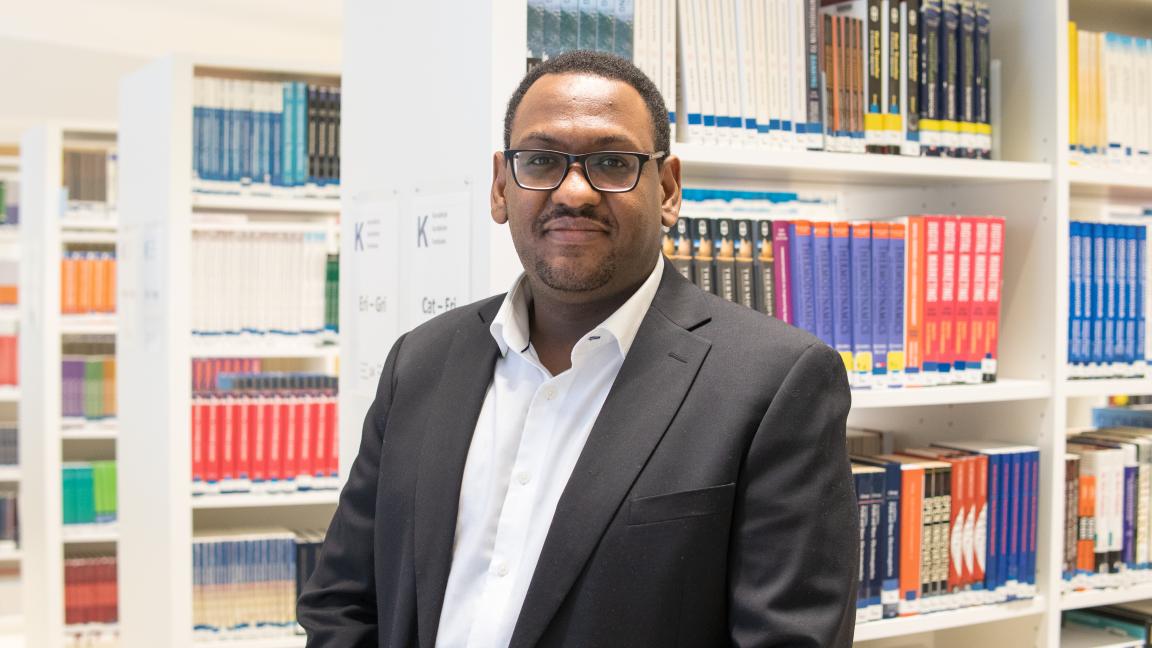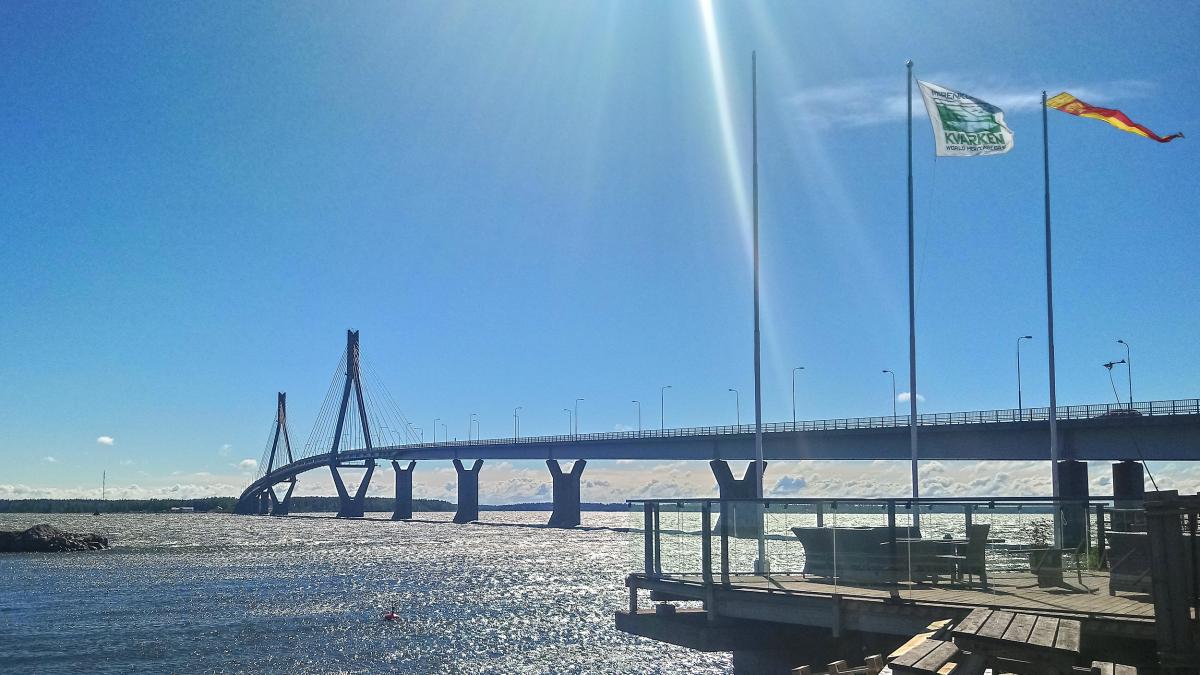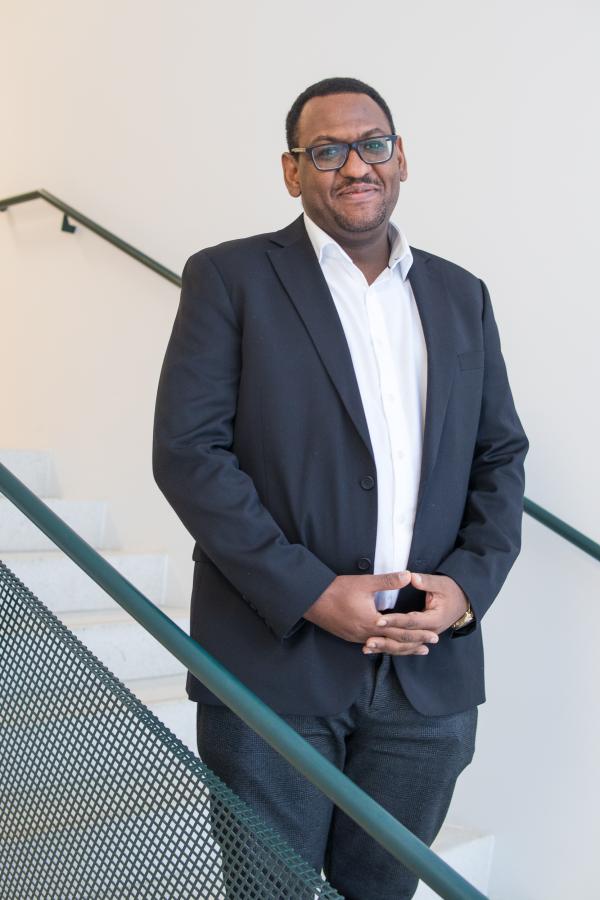Nebiyu Girgibo's doctoral dissertation at the University of Vaasa examines seaside renewable energy solutions and how climate change affects them in relation to land uplift in the Kvarken archipelago, near Vaasa.
– Seaside renewable energy is mainly shallow geothermal energy. Most of these solutions can benefit from the effects of climate change, says Girgibo, who will defend his dissertation on 13 December.
The results of the water quality analysis in the Kvarken archipelago show an increase in air and water temperatures and an increase in chlorophyll-a concentration in certain months. The analysis was based on long-term water quality data and long-term weather data.
Girgibo's results confirm the hypothesis that local expectations of the effects of climate change may differ from global expectations. It is very likely that there are direct and indirect causal relations between air temperature and the water quality indicators.
According to the analysis, the air temperature increased in Kvarken in April and July. Water temperature increased in March, June, and July and decreased in February. Phytoplankton (chlorophyll-a) levels increased in March, June, July, August, September, and December.
Sediment heat energy production benefits from climate change effects during the summer
The increase in water temperature increase was found to benefit sediment heat energy production during the summer months. In winter, however, the climate change effect may reduce the heat production of this energy system. In addition, it is important to remember that sediment heat is site-specific and dependent on the installation depth.
According to the risk analysis, field biomass energy was found to be the most vulnerable to climate change and the most damaging to the environment compared to all types of renewable energy resources. Among the geothermal resources, the water heat exchangers were the most negatively affected by climate change and the sediment heat energy had the most negative impact on the environment.
Using local renewable solutions can help to reduce greenhouse gas emissions
Girgibo also sees that renewable energy can be used efficiently for regional development. Research and development of renewable energy is a way to improve knowledge of resources and encourage their use.
– Using small and diverse solutions in local areas, such as replacing fossil fuels with renewable energy, can reduce greenhouse gas emissions and climate change and its effects worldwide.
Doctoral dissertation
Girgibo, Nebiyu (2023). Results of seaside energy solutions in land uplift and climate change in the Kvarken Archipelago: A mixed-method investigation. Acta Wasensia 525. Doctoral dissertation. Vaasan yliopisto / University of Vaasa.
Public Defence
The public examination of M.Sc. Nebiyu Girgibo’s doctoral dissertation “Results of Seaside Energy Solutions in Land Uplift and Climate Change in the Kvarken Archipelago: A Mixed-Method Investigation” will be held onWednesday 13 December 2023 at noon (12:00 EET)at the University of Vaasa, auditorium Nissi.
It is possible to follow the defence remotely: Zoom, password: 935985.
Professor Margareta Björklund-Sänkiaho (Åbo Akademi) will act as an opponent and Dr. Erkki Hiltunen as a custos.
Read more: What is the impact of climate change on our natural world heritage? Will the sea level rise also here?
Further information
Nebiyu Girgibo, tel. +35829 449 8720, email: nebiyu.girgibo@uwasa.fi
Nebiyu Girgibo was born in Addis Ababa, Ethiopia. He has a Bachelor's degree in environmental engineering from the Tampere University of Applied Sciences and a Master's degree in Limnology from the University of Jyväskylä, Finland. At the moment, Girgibo is working as a project researcher at the University of Vaasa.


